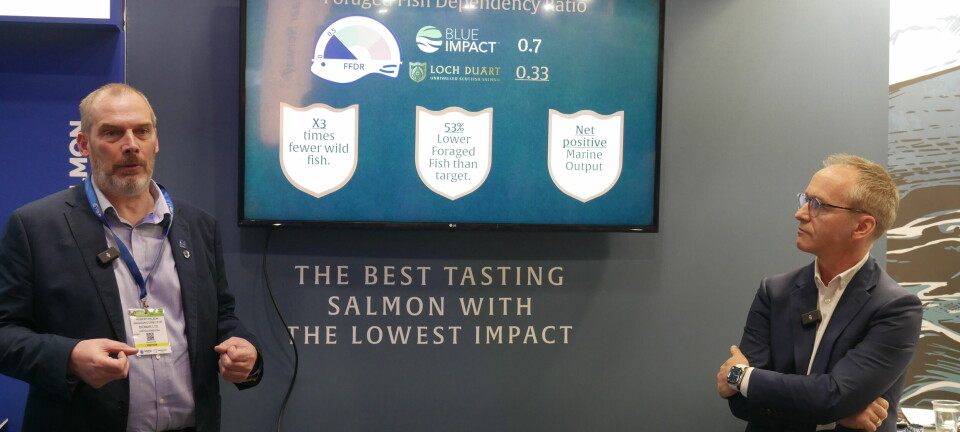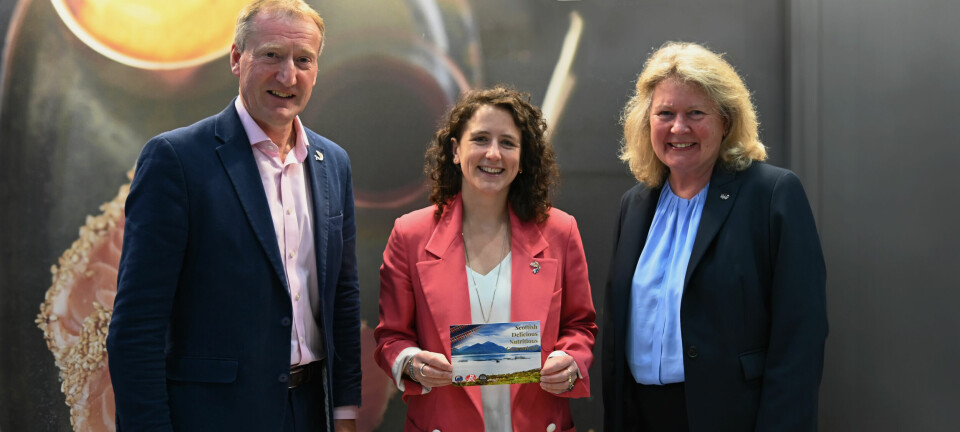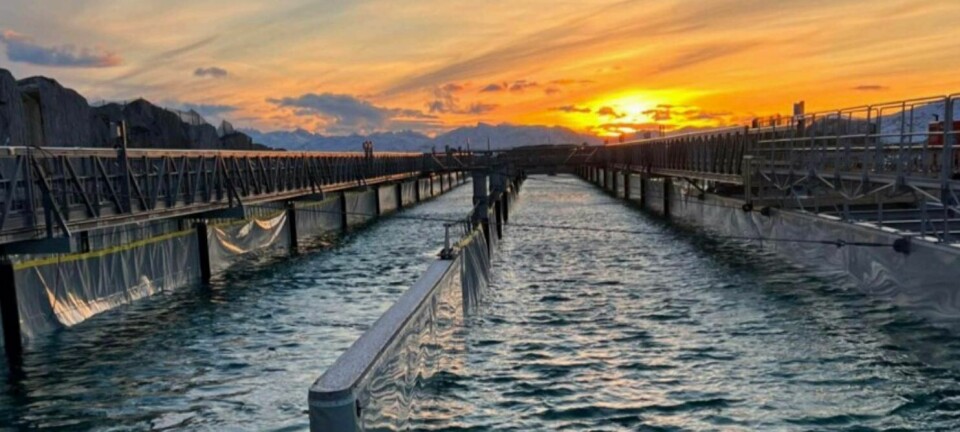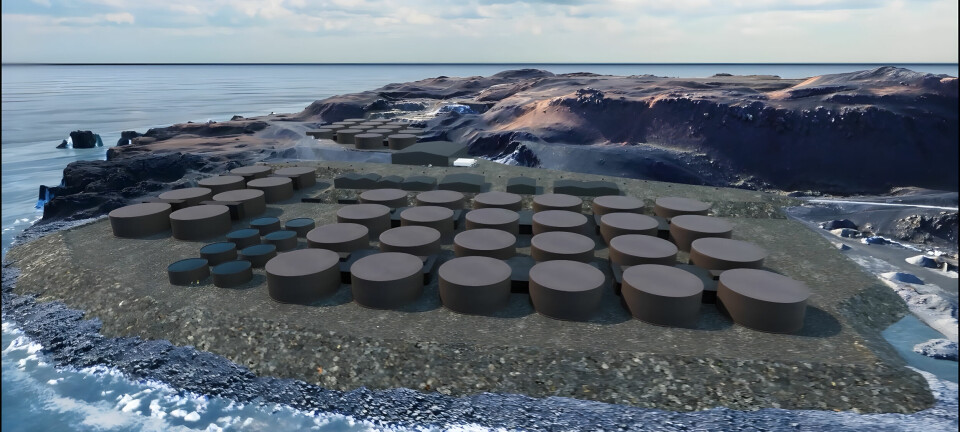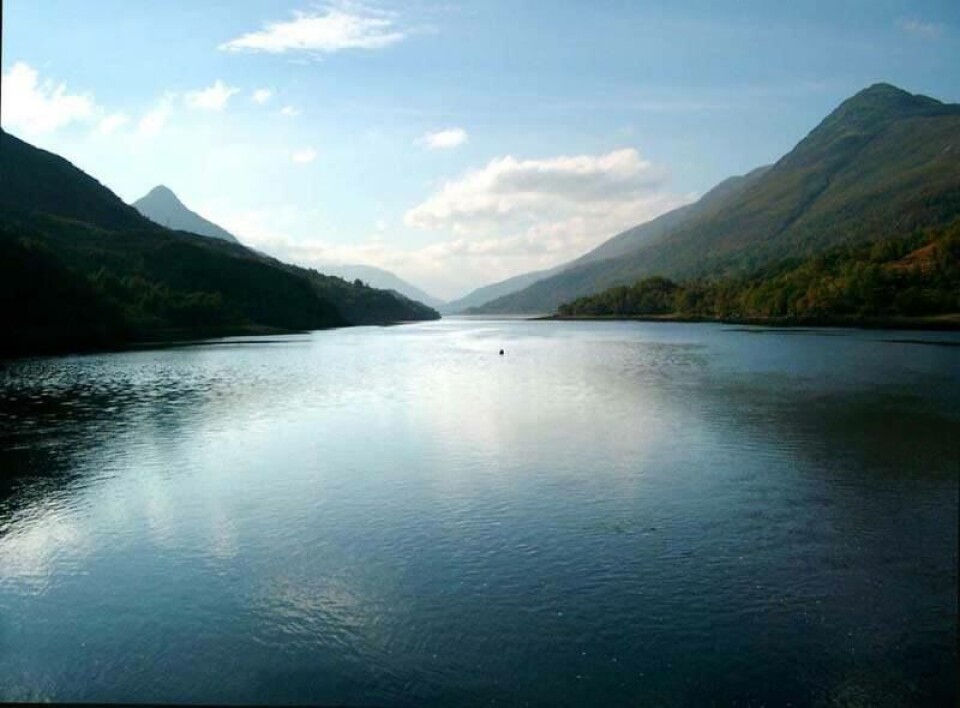
No growth until lice conquered, urges WWF advisor
The WWF's marine environment advisor Julie Døvle Johansen is currently working on updating the Aquaculture Stewardship Council standard - at the same time as advocating a temporary halt in the growth of aquaculture!
As recently as February it was predicted that the ASC standard would be updated during 2017, but it seems as if it may yet take some time before the guidelines are in place.
Johansen has been the marine environment advisor for WWF since January 2016, and says that 520 farms that produce different species worldwide are now certified. The WWF co-founded the ASC, along with Netherlands-based sustainability initiative IDH in 2010.
Julie Døvle Johansen, advisor at WWF. Photo: Twitter.
Døvle finds it gratifying that the number of ASC certified facilities is constantly increasing.
Ecological footprint
"At the same time aquaculture has not solved the problems with sea lice and escapes. The fact that technology is constantly progressing rapidly makes me happy. It is especially good to see that more people are looking on closed plants in the sea as an alternative to the traditional open cages in the sea," she told kyst.no.
"I also think that now we should - as consumers - wake up and demand that the seafood we buy and eat comes from plants that have made a real effort to minimise the ecological footprint locally and globally."
Over the years, the ASC standard has steadily evolved, and will continue doing so.
Use of chemicals
Asked how the process of updating the standard has gone over the last year, Johansen said: "The process has been very good so far. We have had a good dialogue between the other WWF offices and have come up with several good inputs to this round of updating. What comes out of the update is still too early to say."
But she can say which areas they can deal with.
"In this round, we have focused on several areas. Among other things, feed, smolt production, and use of chemicals to combat salmon lice."
In addition to these, WWF is also fighting for what it refers to as a better regulatory framework and more frequent controls.
Cessation of all growth
"Also for more sustainable feed for farmed salmon, as well as cessation of all growth in the aquaculture industry until problems with lice and escapes are resolved," Johansen added.
The first fish farm was certified back in 2012, but was not a salmon farm.
"It was Regal Springs Tilapia farm in Indonesia. This is a tropical freshwater fish originally from Africa, but most of the fish farming takes place in South-East Asia," said Johansen.
At present there are only two ASC-certified salmon farms in Scotland: Marine Harvest's facilities at Loch Leven and Loch Linnhe. MH Scotland has four farms in initial assessment, at Muck, Duich, Lachalsh and Ardintoul. Loch Fyne Oysters Ltd's mussel farm in Loch Roag on the Isle of Lewis recently became the first blue mussel farm in the world to achieve ASC certification.
